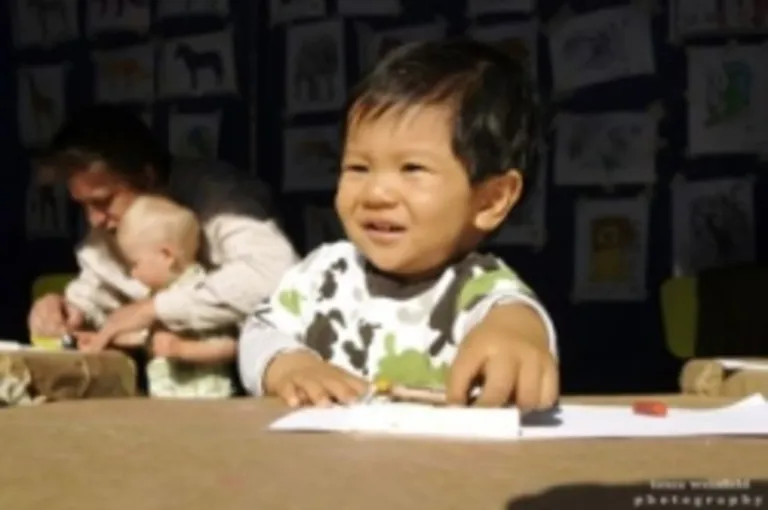'Where are you from? What’s your name? How long have you been living in Poland?’ These questions are called the Big Three that the Vietnamese can expect when coming into contact in Poland. An answer for the first question isn’t difficult (familiar Japanese with a disarming smile answers every time: ‘from downtown’). A question on our stay in Poland is also obvious. However, some doubts are inspired by this unfortunate ‘What’s your name?’ which is trivial for Poles but for Vietnamese may be challenging. Until we get acquainted to some techniques of coping with the complicity of Asian names and completely maladjusted to speech organs for articulation by Poles, we will need short instructions concerning first and last Vietnamese names.
Gabbing Rapid Cloud
Vietnamese as well as Chinese or Koreans introducing themselves use a triad which contains a family name, a middle name and a given name.
Family name
About one hundred family names are used in Vietnam; many years ago they were taken from Crowns in order to present them loyalty. They moulded on the ground of Chinese names and the group of fourteen the most popular names include: Nguyễn, Trần, or Lê. If one of your friends is Vetnamese there is a high probability that their name is Nguyễn – about 40 % of Vietnamese have such a name!
We always give our family names as a first one when we introduce ourselves or sign. For example, when my name is Đàm Vân Anh, as a family name I give the first element alias Đàm, which in Chinese means ‘to speak’.
Middle name
In the old days a middle name was chosen based on a gender because a majority of Vietnamese names may be given to both women and men. That’s why it was a way to select gender. Vietnamese women as a middle name were given Thị whereas men - Văn. Nowadays, parents have much broader range of middle names that can be used as a supplement to a given name. A middle name was also to indicate the generation of families the person belonged to, differentiate branches of known families or to indicate the position in a family hierarchy (birth order). My middle name– Vân – means a cloud.
Given name
Finally, the most interesting element –given names that parents choose for their children hoping that they will influence their character and a future. Each Vietnamese name has its own meaning, mainly a virtue (Trung – loyalty, Hùng – courage, heroism, Anh – brightness, wisdom), a flower or a fruit (Hồng – rose, Nho – grape), a natural force or a season of the year (Tuyết – snow, Thu – autumn).
Both women and men can have the same name. Because of a repeatability of most names, a given name (usually with a middle name) is a name the most willingly used by the Vietnamese. It concerns also formal situations and famous people towards whom respect is shown by using expressions Mr./ Mrs. which are accompanied by a given name of addressee instead of a family name. Although a family name of a monk Thích Trí Quang is Thích, then the Vietnamese will address him ' Mr. Trí Quang'.
It is embarrassing for Europeans that the Vietnamese language is a tonal one and a mistake in one tone may transform one name into entirely different one.
Điệp, alias Ilona
Both younger and older Vietnamese that live in Poland decide on a choice of Polish equivalent of their name. Of course, it simplifies communication. It’s not always nice to hear how daredevils murder the language and your name trying to pronounce it, especially when they unintentionally pronounce other Vietnamese word, not necessary polite. There are some chances that a name given nonchalantly to a young Vietnamese by a nursery-school teacher, a neighbor or friends will be used for years. For Poles it’s enough that Polish and Vietnamese names start with the same letter. In this way, Duc may be David or Daniel, Minh – Marian or Mirosław. More rarely Polish equivalents of Vietnamese names sound entirely different. If there is a story and a fondness, a name is given after a person who appeared in a Vietnamese’s life and left warm memories.
On a Polish equivalent we also decide to distinguish ourselves from the familiar Vietnamese that have the same name.
Similarly to young Poles, the Vietnamese often not until they grow up they start being interested in the meaning and origin of their names. They have reconciled to the situation that their Polish friends would not call their real name and often they would not even remember their names. These are the persons that faced adaptation in schools where an acceptance by children of the same age and getting in touch easily are so important. Time will pass and they will know a meaning of their names and will try to convince their friends to call them in Vietnamese. Once inconvenient name at school becomes an intriguing and exotic element of our personality.
Text by Đàm Vân Anh
Translated by Justyna Gąska












